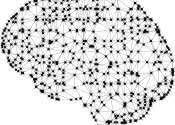Understanding the role gut microbiome–brain interactions play in social decision-making
Taking pro- and prebiotics could make people more sensitive to fairness, even at the cost of earning less money, according to a study published in the journal PNAS Nexus.
May 15, 2024
0
46









